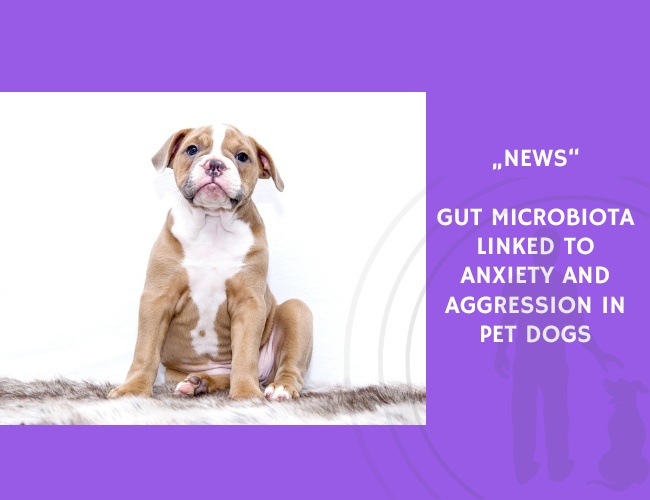Sarita D. Pellowe et al. (2025) investigated the connection between the gut microbiota and behavioral disorders in pet dogs, focusing on anxiety and aggression. Using the Canine Behavioral Assessment & Research Questionnaire (C-BARQ), dogs were categorized into higher- and lower-anxiety and aggression groups. Fecal samples were then sequenced to examine their microbial DNA.
Key Findings:
- Microbiome predictions: Although overall differences in bacterial abundance were minimal between groups, machine-learning and compositional balance models accurately predicted behavioral groups based on microbiota composition.
- Blautia link: The genus Blautia consistently appeared across analyses as being associated with higher anxiety in dogs.
- Gut–brain axis role: The findings reinforce the concept of a gut–brain connection, where intestinal bacteria may influence emotional regulation and stress-related behaviors in companion dogs.
Conclusion: This research provides strong evidence that gut microbiota composition relates to canine emotional disorders, with Blautia emerging as a promising microbial marker for anxiety. Further investigation is needed at the species level to clarify mechanisms, but the study opens potential for microbiome-based interventions to improve dog welfare and reduce problematic behaviors.
Source: Pellowe, S. D., Zhang, A., Bignell, D. R. D., Peña-Castillo, L., & Walsh, C. J. (2025). Gut microbiota composition is related to anxiety and aggression scores in companion dogs. Journal: Scientific Reports, Volume 15. Publication Date: July 8, 2025. Authors: Sarita D. Pellowe et al.










